Over a million of new neural connections are formed every second during the first years of life! In fact, 90% of the brain’s growth occurs before kindergarten!
Over a million of new neural connections are formed every second during the first years of life! In fact, 90% of the brain’s growth occurs before kindergarten!
Each discrete human contact is a life lesson that the baby registers and stores away. Good, bad, ugly – they contribute, incident by incident, to the child’s cumulative personality, and oftentimes, their destiny. Learn how we can give our young children “A Strong Foundation” in this video.
Each discrete human contact is a life lesson that the baby registers and stores away. Good, bad, ugly – they contribute, incident by incident, to the child’s cumulative personality, and oftentimes, their destiny. Learn how we can give our young children “A Solid Foundation” in this video.
Knowing social and emotional developmental milestones can help you understand your baby as they grow. For a complete list of developmental milestones, examples, and resources , see the CDC’s Act Early: https://www.cdc.gov/ncbddd/actearly/index.html
Knowing social and emotional developmental milestones can help you understand your baby as they grow. For a complete list of developmental milestones, examples, and resources , see the CDC’s Act Early: https://www.cdc.gov/ncbddd/actearly/index.html
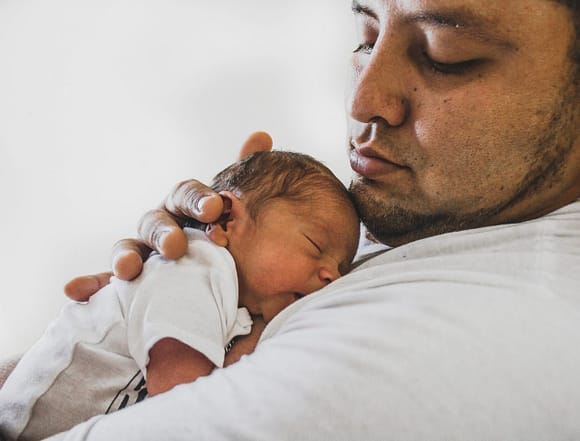
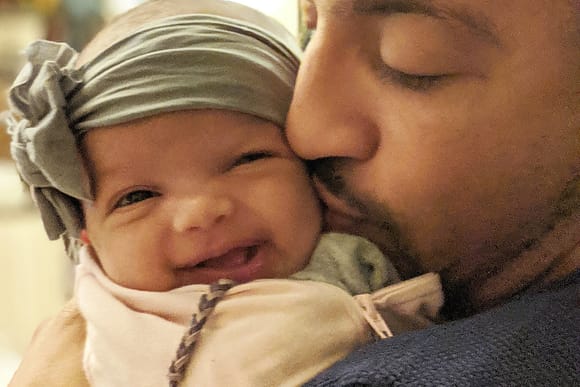
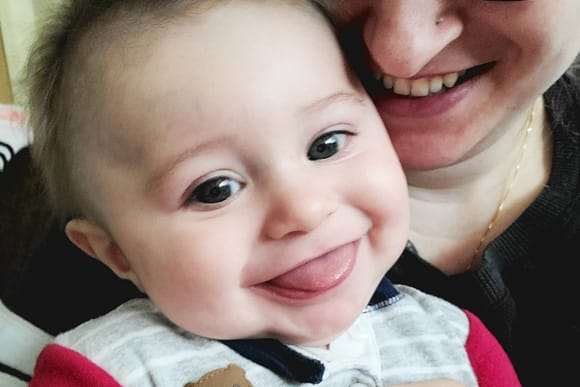
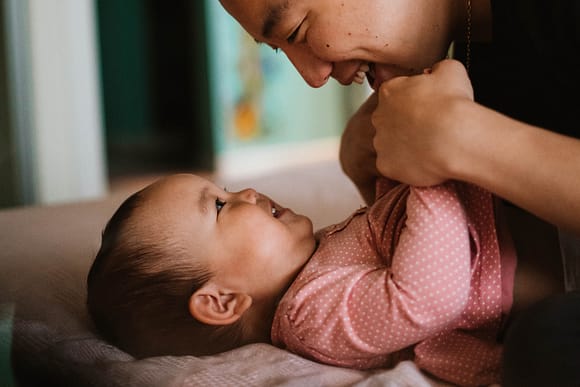
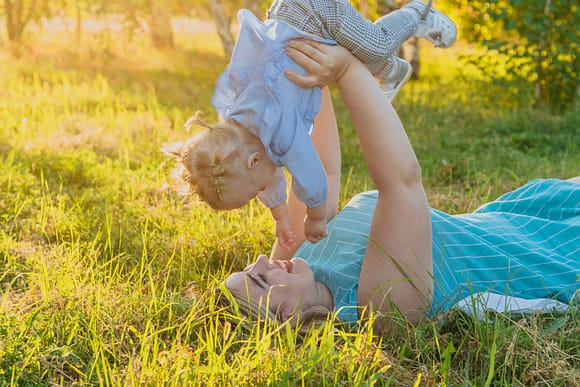
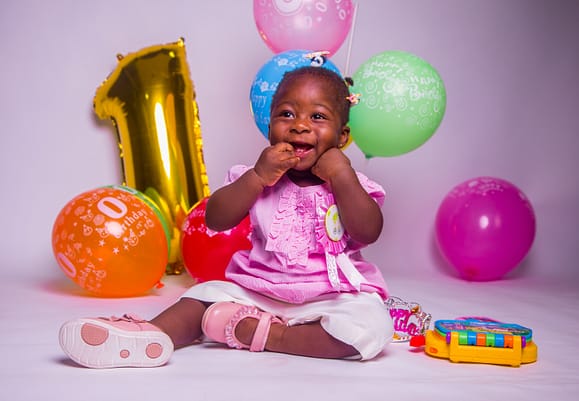
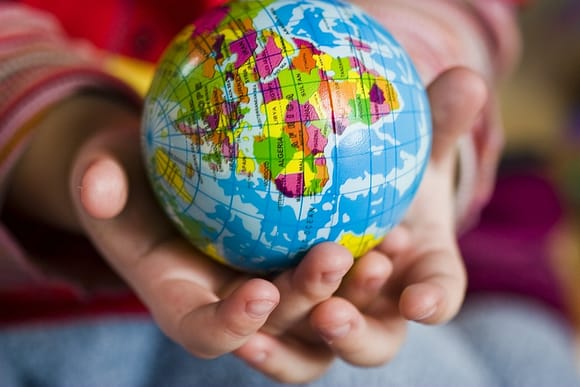
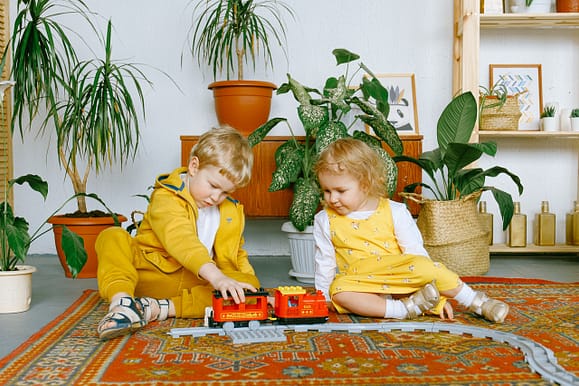
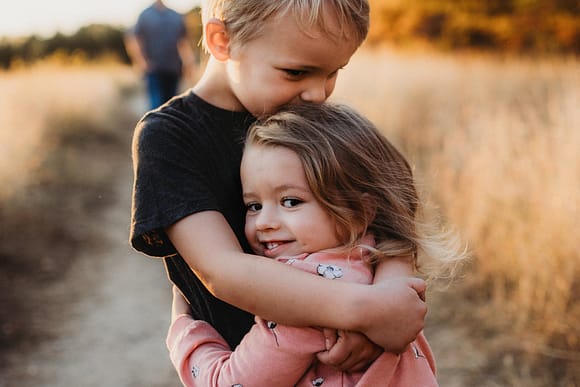
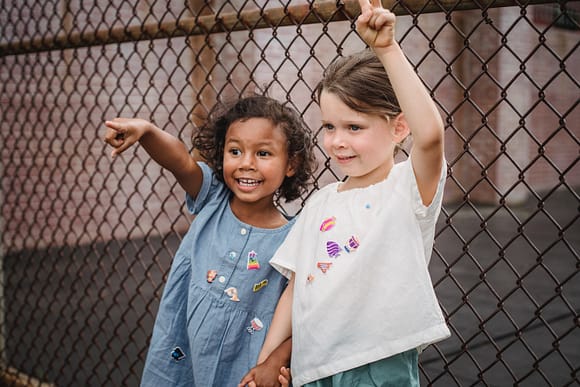
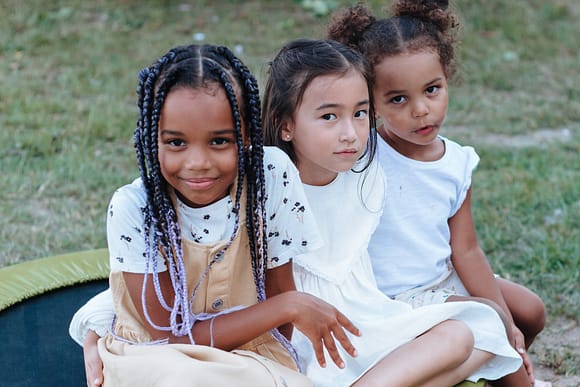
Our ability to be sensitive is a fundamental building block for early relationships. When we let the child know that they and their feelings are valued, this important message, when repeated consistently, makes a strong connection in their developing brain.
Developmental milestones give adults clues to skills babies and toddlers may be working on at any given time, though babies and toddlers master skills at slightly different rates. If you are ever worried about your child’s development, check-in with your child’s pediatrician, early care educator, Birth to 3 provider or other early childhood professionals.
Our ability to be sensitive is a fundamental building block for early relationships. When we let the child know that they and their feelings are valued, this important message, when repeated consistently, makes a strong connection in their developing brain.
Developmental milestones give adults clues to skills babies and toddlers may be working on at any given time, though babies and toddlers master skills at slightly different rates. If you are ever worried about your child’s development, check-in with your child’s pediatrician, early care educator, Birth to 3 provider or other early childhood professionals.
Wisconsin Alliance for Infant Mental Health
Attention: The Power of Connection
6213 Middleton Springs Dr. Suite 204
Middleton, WI 53562
The Power of Connection: Discover the Magic was made possible by the Preschool Development Grant. It was made in collaboration with Soul Shine Creative Studio. The contents are solely the responsibility of the authors and do not necessarily represent the official views of the Wisconsin Department of Children and Families or the U.S. Department of Health & Human Services.
© WI-AIMH 2024
info@wiaimh.org
(608) 563-9714
The Power of Connection: Discover the Magic was made possible by the Preschool Development Grant. It was made in collaboration with Soul Shine Creative Studio. The contents are solely the responsibility of the authors and do not necessarily represent the official views of the Wisconsin Department of Children and Families or the U.S. Department of Health & Human Services.